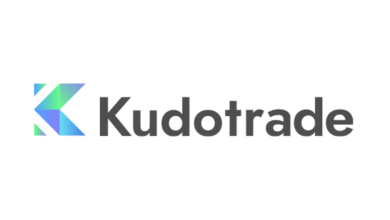Stablecoin and Crypto Activities Restricted for China’s State-Linked Firms in Hong Kong


According to Chinese media outlet, , China plans to restrict state-linked enterprises and financial institutions in Hong Kong from engaging in stablecoin and cryptocurrency businesses, forcing them out of license races and project developments tied to digital assets.
Mainland authorities now block these firms, including banks and large tech firms, from applying for stablecoin licenses under Hong Kong’s recently launched regulatory regime, which took effect August 1. This policy shift follows Beijing’s official concerns over fraud risks and capital flight, and marks a decisive step to restrict cross-border crypto participation despite Hong Kong’s ambitions as a leading Asian digital asset hub.
The ban reflects China’s ongoing caution toward crypto, a decision rooted in anti-money laundering, stability, and capital control goals. Mainland authorities recently ordered brokerage firms to , while blocking financial institutions’ public participation in the sector.
Investor Takeaway
The recent crypto and stablecoin ban on mainland-linked firms signals China’s continued caution toward digital assets, emphasizing regulatory risk and capital controls.
Hong Kong Tightens Stablecoin Rules Amid Rising Digital Asset Adoption
, effective August 2025, enforces tough licensing terms: applicants must fully back stablecoins with high-quality assets, maintain strict KYC rules, and segregate client funds. These measures aim to support market integrity while limiting risks from rapid digital asset adoption.
With Chinese SOEs and banks now restricted, foreign and private sector firms gain more leeway in Hong Kong’s digital asset market. However, increased regulatory scrutiny and compliance costs mean local market access and innovation remain tightly monitored.
Leading Chinese internet giants and state banks, along with Hong Kong’s largest financial groups have paused their plans to apply for or launch crypto products. Meanwhile, global banks like and private innovators pursue selective licenses under HKMA’s framework, closely following regulatory shifts and market opportunities.
Hong Kong’s stablecoin pilot and upcoming “sandbox” licenses remain crucial for future industry direction and regional capital access.
Analysts consider Beijing’s move a signal to other major Asian jurisdictions; stricter controls steer SOE participation away from retail and institutional crypto exposure. Conversely, some view Hong Kong’s regime as the most sophisticated in Asia, offering new models for secure stablecoin issuance.
Investor Takeaway
What Next: Hong Kong’s Stablecoin Market Outlook
Given the current regulatory climate in Hong Kong, investors can expect a contraction in mainland-driven crypto activity within Hong Kong’s crypto sector, which is offset by rising foreign and private players. Risks of entry now include high entry costs, tougher AML checks, and potential changes to Beijing’s stance on digital asset adoption.
As events unfold, investors and stakeholders will be watching for further compliance mandates, evolving license frameworks, and pilot programs for yuan or HKD-backed stablecoins.







